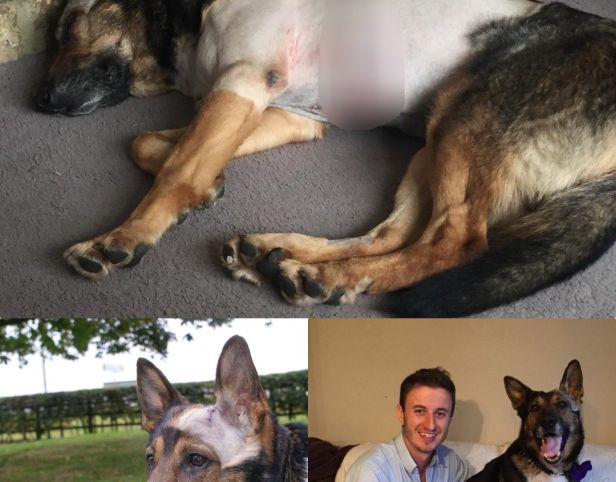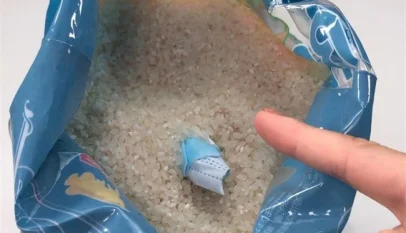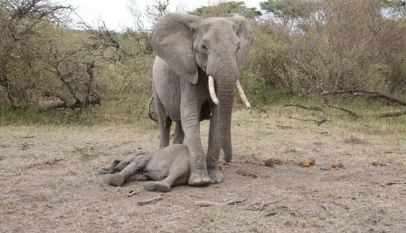
The night it happened still replays in my mind like a movie I can’t turn off.
It was October 2016 — cold, damp, and quiet. My partner, Police Dog Finn, trotted beside me, alert but calm, his tail swaying low. We’d worked together for seven years — hundreds of calls, long nights, dangerous chases — and in all that time, I had come to know every twitch of his ears, every flicker in his eyes. He was more than a police dog. He was my shadow, my protector, my best friend.
That night, we were chasing a suspect through the dark streets of Hertfordshire. The man had a knife. I shouted for him to stop — but instead, he turned and lunged.

It happened in a blur.
The blade flashed. Finn moved first. He threw himself between us — no hesitation, no thought for his own safety — just instinct, loyalty, love.
I felt the impact before I saw it. The knife went deep into Finn’s chest, slicing through muscle, missing his heart by centimeters. Blood soaked his fur. But even then, even bleeding and broken, he didn’t stop. He lunged again, taking down the suspect and holding him until backup arrived.
Only when the danger was gone did he collapse.

I dropped to my knees beside him, my hands trembling as I tried to stop the bleeding. “Stay with me, boy,” I kept whispering. “Please, stay with me.” His eyes found mine — tired, trusting — and in them I saw the same question that tore through my heart:
Was this the end?
The vet said his chances were slim. The knife had pierced deep into his chest and slashed through his lung. Most dogs wouldn’t survive.
But Finn wasn’t
most dogs.
The first night, he barely moved. Machines beeped steadily beside his cage, his breath shallow but steady. I sat on the floor next to him, the sterile smell of the clinic heavy in the air. My uniform still had his blood on it. I couldn’t leave him.

When morning came, I reached into his kennel and touched his paw. It twitched. Then, slowly, his tail thumped once against the blanket.
That was the moment I knew — he was still fighting.
Every day after that, he grew stronger. His eyes regained their spark, that defiant glint that said, “Not yet.” He fought through pain the way he always had — with quiet courage and heart. The staff began calling him a miracle. I just called him my hero.
But as Finn healed, something inside me began to change too.
I couldn’t shake the thought of how close I had come to losing him — not just as my partner, but as my friend. And then came the part that made it worse: when the suspect was charged, I found out that, under the law, Finn was considered nothing more than “police property.”
Property.

Like a damaged car.
Like a broken radio.
Like he wasn’t a living, breathing soul who had saved my life.
The man who had nearly killed him would face only minor charges.
That night, sitting beside Finn as he slept, his scarred chest rising and falling, I made a promise: “They’re going to know what you did, boy. They’re going to know who you are.”
So we began to fight again — this time, not against criminals, but against a broken system.
We shared Finn’s story — on television, in newspapers, online. People listened. They saw the photos of his stitches, the look in his eyes, the loyalty that didn’t flinch even in the face of death. Messages poured in from around the world — from officers, animal lovers, children who called him “Super Finn.”
And slowly, the movement grew.
With the help of animal welfare groups like IFAW, and thousands of supporters who refused to stay silent, we launched the “Protect the Protectors” campaign — later known as Finn’s Law. It wasn’t just about him anymore. It was about every police dog, every service horse, every animal that risked its life to protect us.
After years of fighting, in 2019, the law finally changed.
Finn’s Law (The Animal Welfare Act 2019) made it illegal to harm or attack service animals in the line of duty. No longer would they be treated as property — they were now recognized as living, sentient beings, deserving of full legal protection.
When the bill passed, I knelt beside Finn and whispered, “We did it, partner.”
He licked my hand, his eyes warm and knowing. Maybe he didn’t understand the law, but he understood something deeper — that love, courage, and loyalty had changed the world for others like him.
By then, Finn had retired. His fur had gone a little gray, his movements slower, but his spirit never dimmed. We spent our days together — long walks, quiet mornings, soft evenings by the fire. Sometimes I’d catch him staring at me, and I knew — he remembered too.
Every scar on his chest told a story. Not of pain, but of purpose.
Finn passed peacefully in 2021, his head resting in my lap, surrounded by love. I held him the way I had that night in 2016, whispering the same words again: “Stay with me.” Only this time, I knew he already would — in the law, in the lives he’d changed, in every police dog who came after him.
Because Finn didn’t just survive.
He transformed the way we see bravery.
And he reminded the world that heroes don’t always stand on two feet.
🐾 Finn’s legacy lives on — in every wagging tail that protects and serves, in every life saved because one man and his dog refused to give up.
And somewhere, I like to think, there’s a field wide enough for both of us — and when I call his name, he’ll come running once more.






